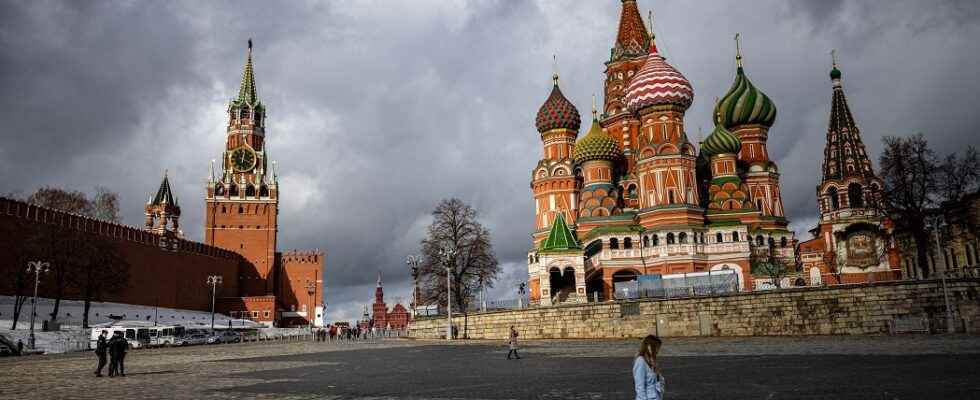The Russian offensive in Ukraine has the effect of further isolating the Net, and also the Web, to which its population has access. In a double movement, the list of foreign sites and services censored by Moscow or leaving the country on their own is growing day by day. But the most worrying thing is that the very functioning of the Internet infrastructure is weakened.
Lumen Technologies (formerly CenturyLink) announced that it will stop routing traffic for its Russian customers on March 7. This decision comes after a similar decision by Cogent Communications communicated on Friday, March 4.
Russia loses interconnections
These two American companies are, what is called in telecom jargon, “forwarding agents”, i.e. international network managers acting as intermediaries between content and application publishers and ISPs.
They are both Tier 1 level, that is to say they have a long-distance network throughout the world allowing them to interconnect directly with the largest operators.
In France, for example, Free’s interconnections pass partly through Cogent, with which it has several transit links.
Lumen justifies this radical choice given the risk of Russian state intervention in the network, which would pose a danger to the integrity of the global Internet.
Cogent had advanced the same arguments in an interview with washington post. Its CEO, Dave Schaeffer, feared that the Russian government would indirectly use his services for its disinformation campaigns and cyberattacks against Ukraine.
“The business services we provide are extremely small and very limited, as is our physical presence,” minimized Lumen.
Yet, according to Internet infrastructure monitoring company Kentik, Lumen is believed to be the leading international transit provider to Russia, with customers including Russian telecommunications giants Rostelecom and TTK, as well as the three major mobile operators (MTS, Megafon and VEON). Cogent also counted Rostelecom, TransTelecom, Megafon and Veon as customers.
Also see video:
Towards network congestion?
So, of course, Russia is not going to find itself suddenly cut off from the world and disconnected from the Internet. It has other freight forwarders and interconnecting links to keep it running. But it should slow down and disrupt Russians’ internet connectivity.
“This will reduce the amount of global bandwidth available for international connectivity. This reduction in bandwidth may cause congestion as the remaining international operators try to take over.writes in a post Doug Madory, the director of Kentik.
In addition, the equipment manufacturers Nokia, Ericsson and Cisco no longer supply new equipment and services to Russian operators. TSMC has also ceased shipments of semiconductors. Finally, Russian operators may no longer be able to pay their suppliers and freight forwarders. The situation could therefore deteriorate further in the coming weeks.
Sources: Lumen Technologies, Kentik, The New York Times, The Washington Post
